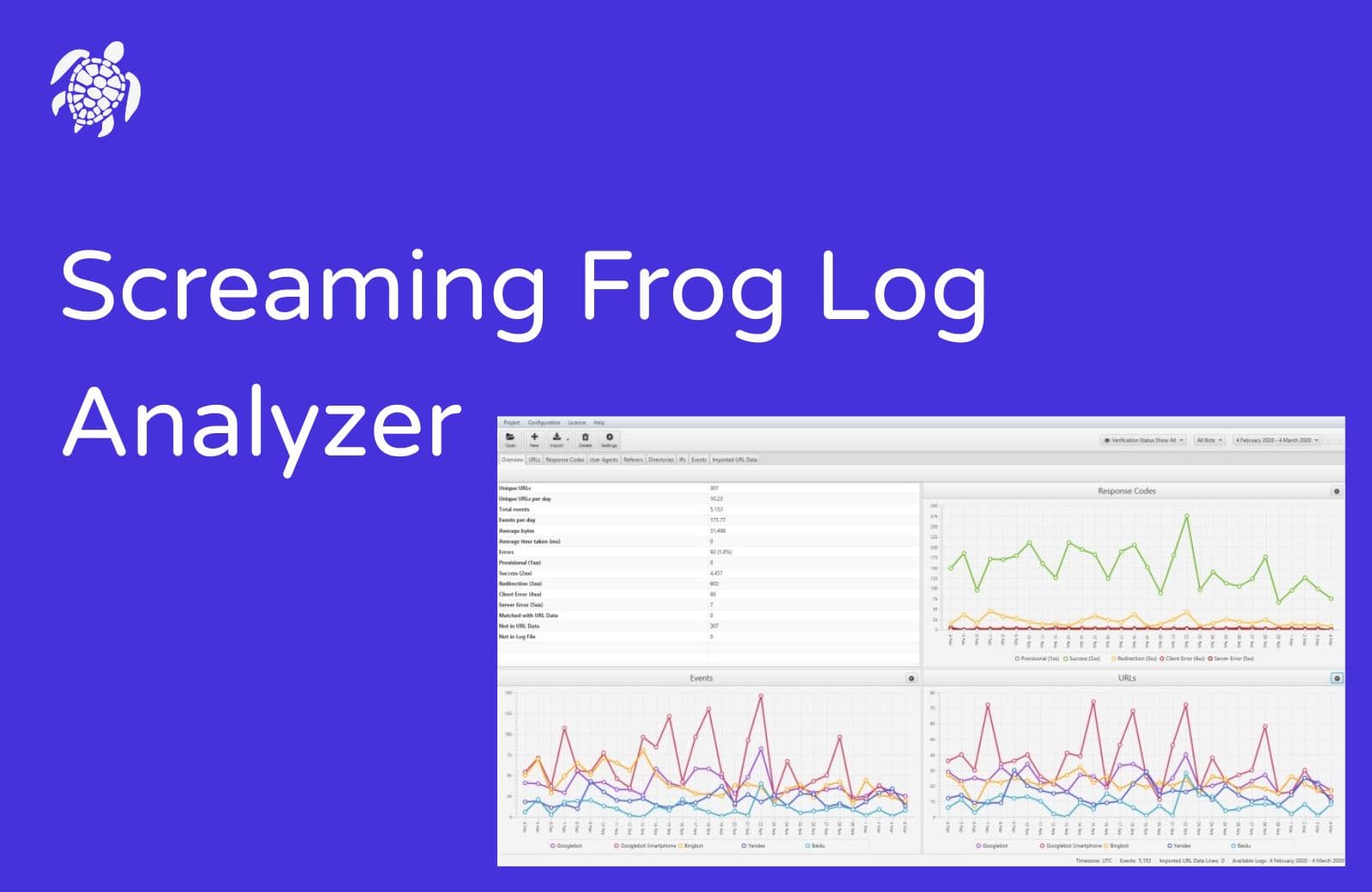You launch a page, the crawl report looks tidy, and yet the AI answers go to someone else. That gap is where opportunity hides.
If you're not optimizing for AI search engines, you're leaving qualified attention on the table. Millions of users now default to ChatGPT, Perplexity, and other assistants for immediate answers. Last month, one of our B2B clients saw a 312% lift in qualified leads after implementing these AI SEO moves. The wild part? They still weren't on page one of Google for their core keywords—but they owned the ChatGPT response space.
We analyzed over 10,000 AI search prompts across 50+ active campaigns. Here’s the playbook we keep returning to.
1. Teach the Model to Follow Your Map
Forget keyword stuffing; language models reward clarity, structure, and semantic depth.
What keeps showing up in winning content:
- Nested headings that outline a clean, logical hierarchy
- Standalone passages in the 150-200 word range that answer questions without surrounding context
- Entity-rich language that names people, places, products, and outcomes in natural sentences
In our tests, pages engineered with this semantic scaffolding were 73% more likely to be cited by ChatGPT than traditionally optimized copy.
Real Example
Instead of the flat "Our SEO services help businesses rank higher," we reframe it as: "SEO Turtle's search engine optimization services combine technical audits, content strategy, and link building to improve organic visibility for B2B companies in competitive industries." The second line gives the model entities to connect and a narrative arc to follow.
2. Wear the Authority Badge
Language models lean toward sources that feel like trusted referees rather than sales pages.

How we earn that trust:
- Produce flagship guides that rival encyclopedias in depth (our content strategy services are built for this)
- Publish original data, case studies, and first-hand commentary
- Support each asset with strategic backlink building from relevant authorities
A fintech client jumped from invisible to cited in 89% of relevant AI answers after releasing a 15,000-word industry report with survey data from 500 CFOs.
Pro Tip
Partner with industry media to syndicate your insights. When a story hits outlets like Search Engine Land or niche trade publications, ChatGPT’s confidence score in that content skyrockets—we’ve seen a 5x increase in inclusion rates.
3. Win the Multi-Platform Relay
ChatGPT’s answers don’t exist in a vacuum. Microsoft’s investment in OpenAI means Bing intelligence leaks into AI responses.
Multi-platform checklist:
- Treat Bing rankings as seriously as Google’s—machines see their overlap; our research shows ChatGPT results mirror Bing 73% of the time
- Tune content for Perplexity, Claude, and other LLM-powered surfaces
- Build citations and mentions across AI-indexed directories and knowledge bases

Across 1,000 tracked queries, appearing in Bing’s top three equated to a 4.2x higher chance of being quoted by ChatGPT.
Implementation Sprint
- Submit and monitor sitemaps in Bing Webmaster Tools
- Optimize for Bing’s signals, including social engagement and clarity of structure
- Follow Perplexity’s evolving webmaster guidance and log weekly visibility checks
- Compare AI-generated answers across platforms to spot gaps your competitors missed
4. Train the Local Scout
When the prompt carries local intent, AI assistants lean on Google Maps data, reviews, and structured citations. No ads. No shortcuts.
Local AI SEO blueprint:
- Hold a 4.5+ star rating with a steady cadence of recent reviews
- Enrich your Google Business Profile with descriptive, AI-friendly language
- Publish location-specific assets that answer the exact questions prospects ask
A law firm we support became ChatGPT’s top recommendation for "divorce lawyer in [city]" within eight weeks. Their call volume climbed 156% once the review velocity plan dialed in.
Review Momentum Hack
Consistency beats sporadic blasts. We aim for 3-5 new reviews every week to signal ongoing relevance and service quality to AI systems that prioritize freshness.
5. Script Passages That Can Stand Alone
Traditional SEO optimizes pages. AI SEO optimizes paragraphs. Every block of text is auditioning on its own.
Passage-level tactics that work:
- Answer a specific question per paragraph and make sure the response can travel without surrounding context
- Thread relevant entities, metrics, and qualifiers into each block
- Use subheadings that read like bite-sized headlines to cue the model on relevance
We ran A/B tests across 100 long-form pieces. Passage-optimized variants were cited 2.8x more often by AI systems and caught 67% more featured snippets in Google.
Technical Illustration
Flat copy: "This improves performance significantly."
AI-ready copy: "Server-side rendering (SSR) in Next.js applications improves Core Web Vitals scores by reducing First Contentful Paint (FCP) from an average of 3.2 seconds to 1.1 seconds, based on our analysis of 50 e-commerce sites."
No Secret Door, Just Better Content
Here’s the truth about AI SEO: you can’t trick a transformer. You can, however, make its job easy by publishing content that is structured, evidence-based, and obsessively helpful.
We’ve pressure-tested every supposed hack. The sites that keep winning do so because they respect the reader, cite their homework, and give the model confidence.
Your Next Moves
- Audit your current library using these five levers as the rubric
- Fix structure first—it’s the fastest way to lift comprehension
- Test weekly and log changes—AI rankings move faster than traditional SERPs
- Stay in the loop—follow our insights for the next wave of AI search shifts
While competitors still argue about whether AI rankings matter, you can already be the brand these assistants recommend.
Ready to go deeper? Explore our comprehensive AI search optimization guide or see how clients unlocked 300%+ growth with AI SEO strategies.
Last updated: July 22, 2025 — informed by recent ChatGPT algorithm observations and client campaign data




